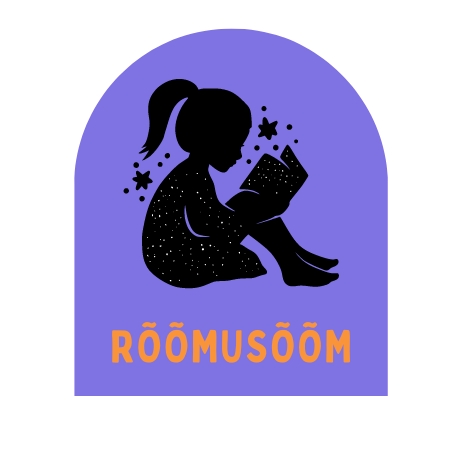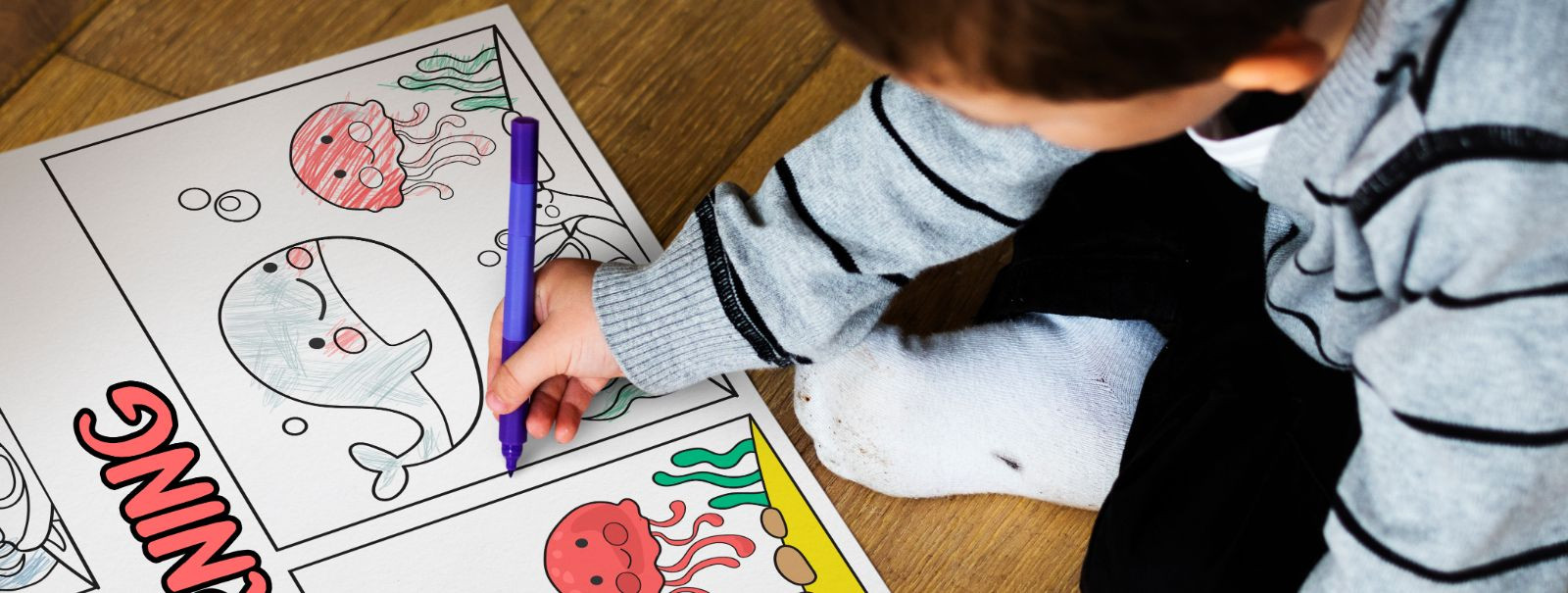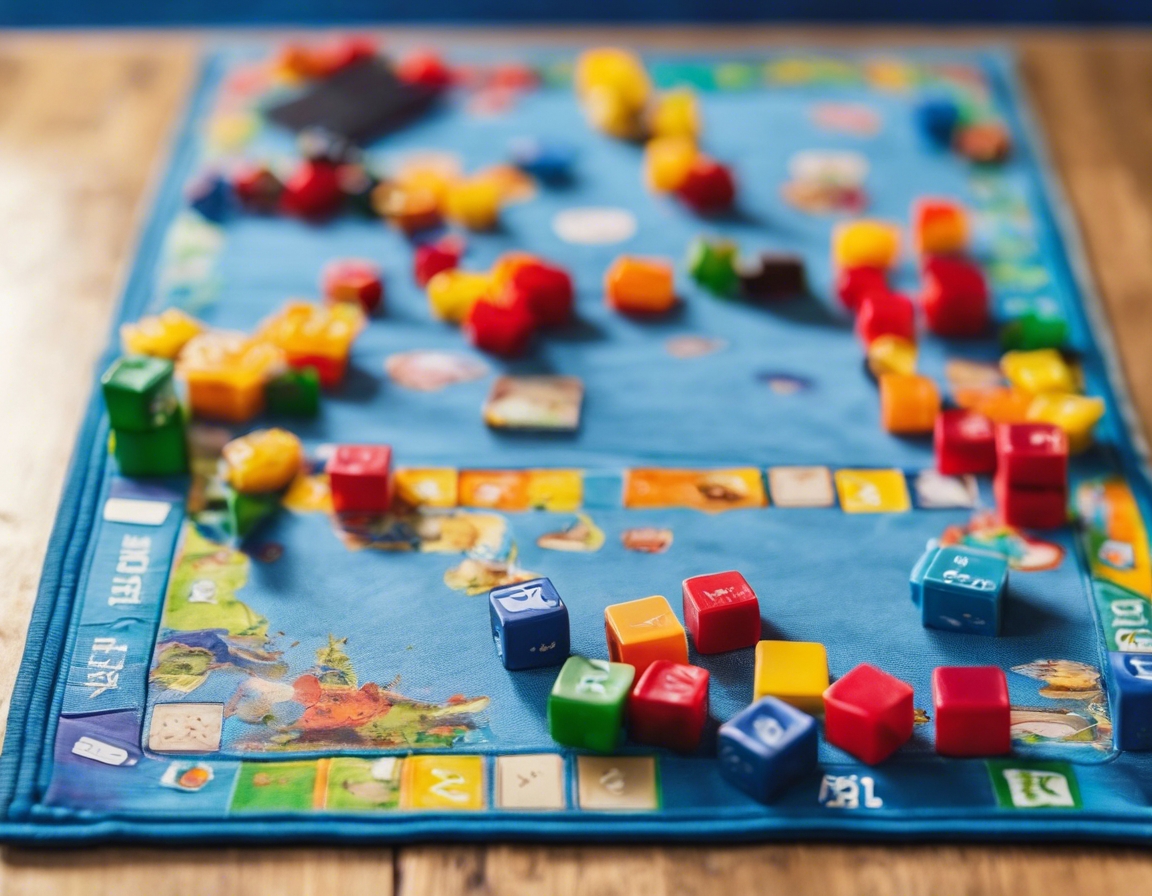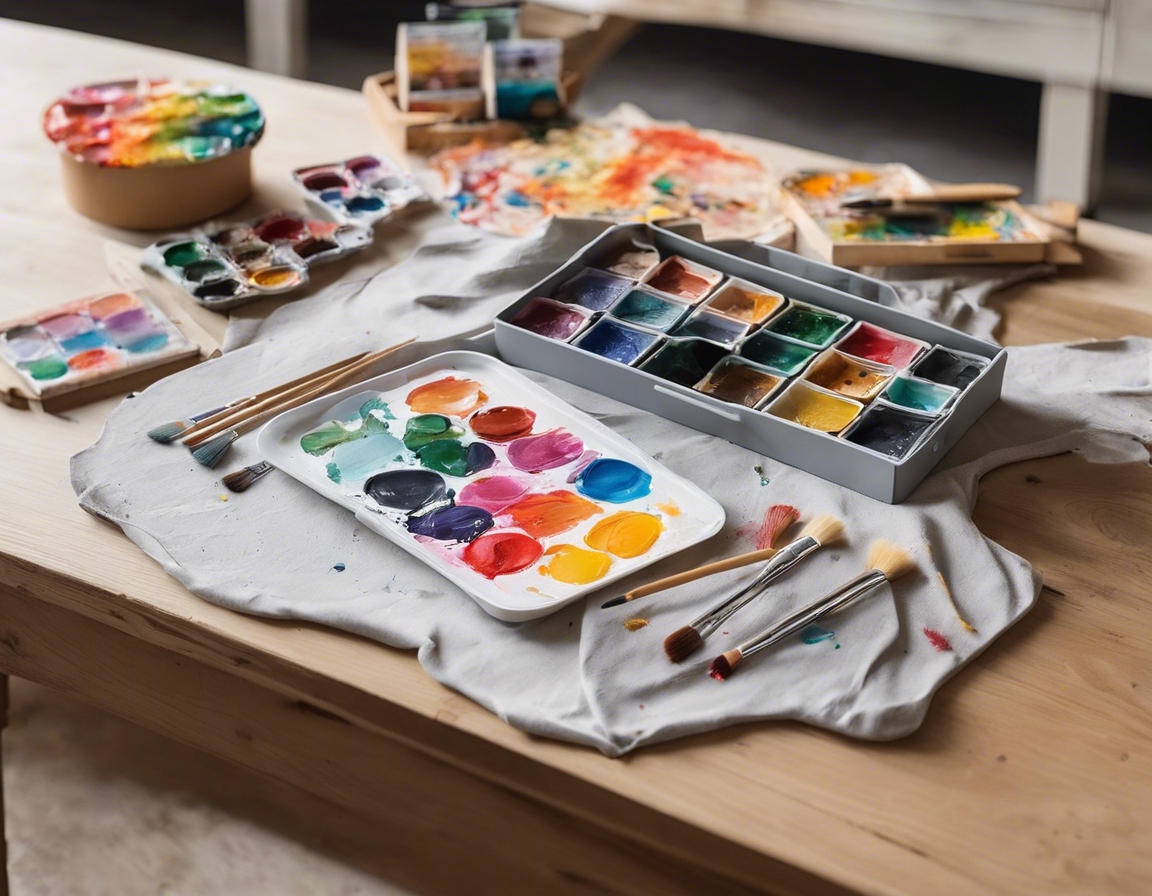The importance of play in early education
Play is often seen as the language of children, a universal mode of exploration and expression that transcends cultural and linguistic barriers. It is an essential component of early education, providing a foundation for learning that is both engaging and effective. Play is not merely a pastime; it is a critical aspect of development, offering a unique way for children to interact with their world and assimilate new concepts.
The recognition of play's importance in early education has evolved over time, with pioneers such as Friedrich Froebel and Maria Montessori advocating for play as a central element of childhood learning. Their philosophies have shaped modern educational practices, emphasizing the need for children to learn through hands-on experiences and discovery.
The Benefits of Play for Young Children
Play stimulates the brain, fostering cognitive growth and the development of problem-solving skills. Through play, children learn to think critically, remember information, and make connections between different pieces of knowledge.
Interacting with peers during play helps children develop social skills such as sharing, cooperation, and empathy. It also allows them to understand and manage their emotions, building resilience and self-regulation.
Active play encourages physical development, improving coordination, balance, and overall fitness. It also promotes healthy habits that can last a lifetime.
Play is a powerful catalyst for creativity and imagination. It provides a safe space for children to experiment, innovate, and express themselves artistically.
Types of Play in Early Education
Unstructured play, often child-led, allows for spontaneous and imaginative interactions, while structured play, guided by adults, can introduce specific learning objectives and skills.
Through role-playing and pretend play, children explore various social roles and scenarios, which can enhance language skills and emotional understanding.
Physical play includes activities that get children moving, such as running, jumping, and climbing, which are essential for motor skill development.
Constructive play involves building and creating, which can improve spatial awareness and encourage logical thinking and problem-solving.
Play and the Early Education Curriculum
Integrating play into the curriculum ensures that children have ample opportunities to learn through experiences that are both meaningful and enjoyable.
Educators can employ play-based learning strategies to teach academic concepts in a way that is relatable and accessible to young learners.
Assessment in a play-based curriculum can be challenging, but it is crucial for understanding each child's development and tailoring instruction to meet their needs.
Challenges and Considerations
Despite its proven benefits, play is sometimes undervalued in educational settings. Overcoming these barriers requires a commitment to recognizing play as a legitimate and vital component of early learning.
Parents and community members play a significant role in supporting play. By providing time, space, and resources for play, they can reinforce the learning that takes place in educational settings.






Comments (0)